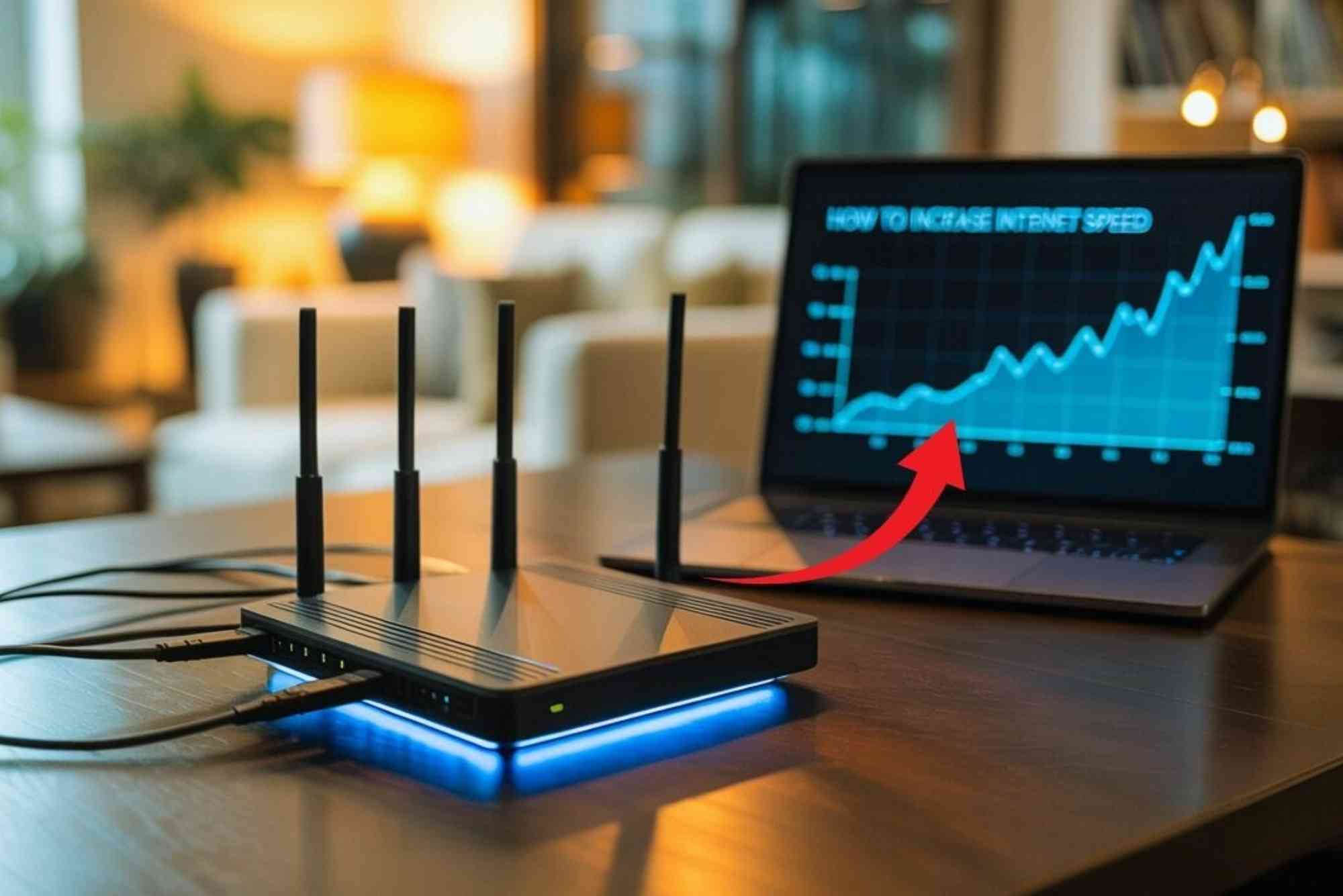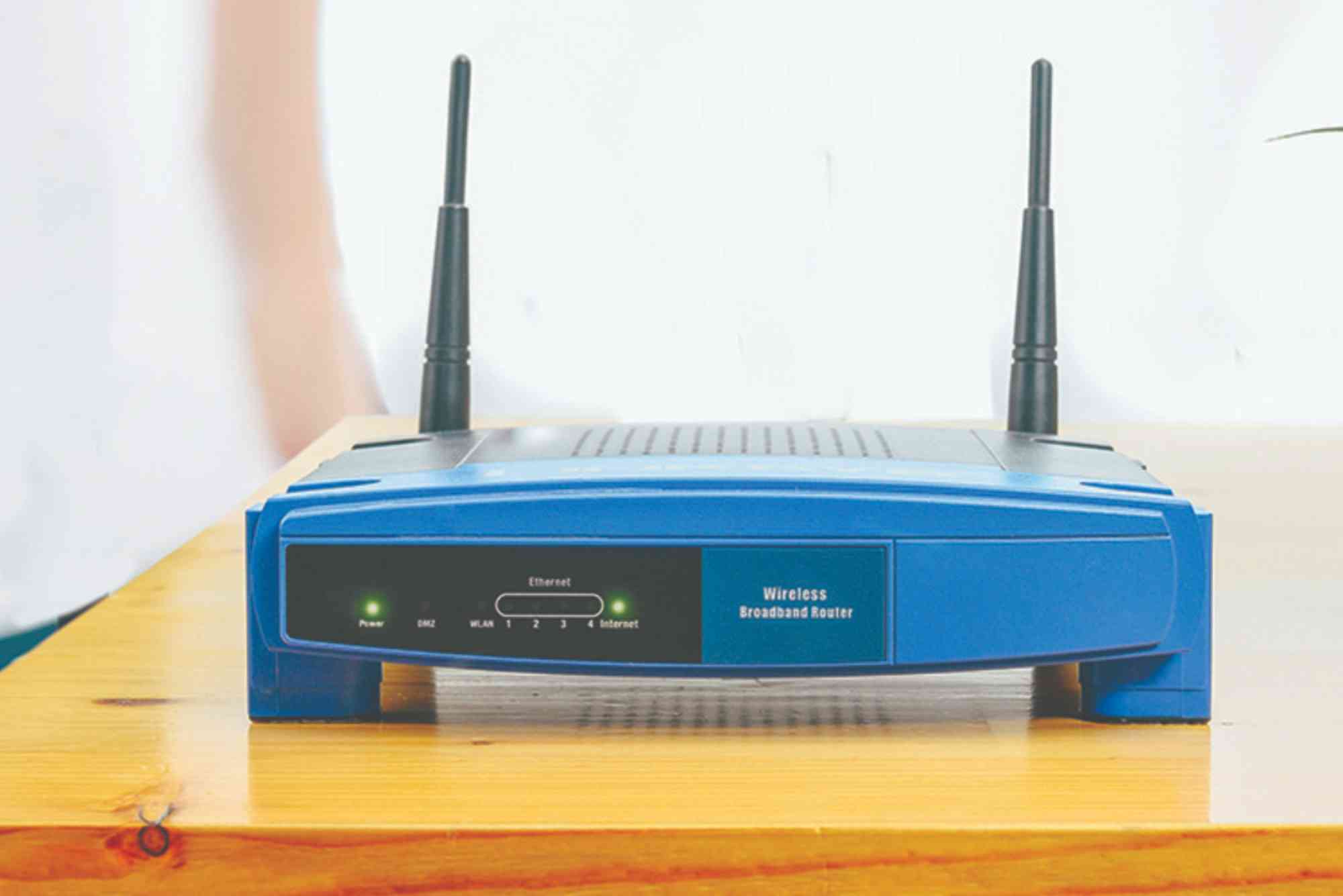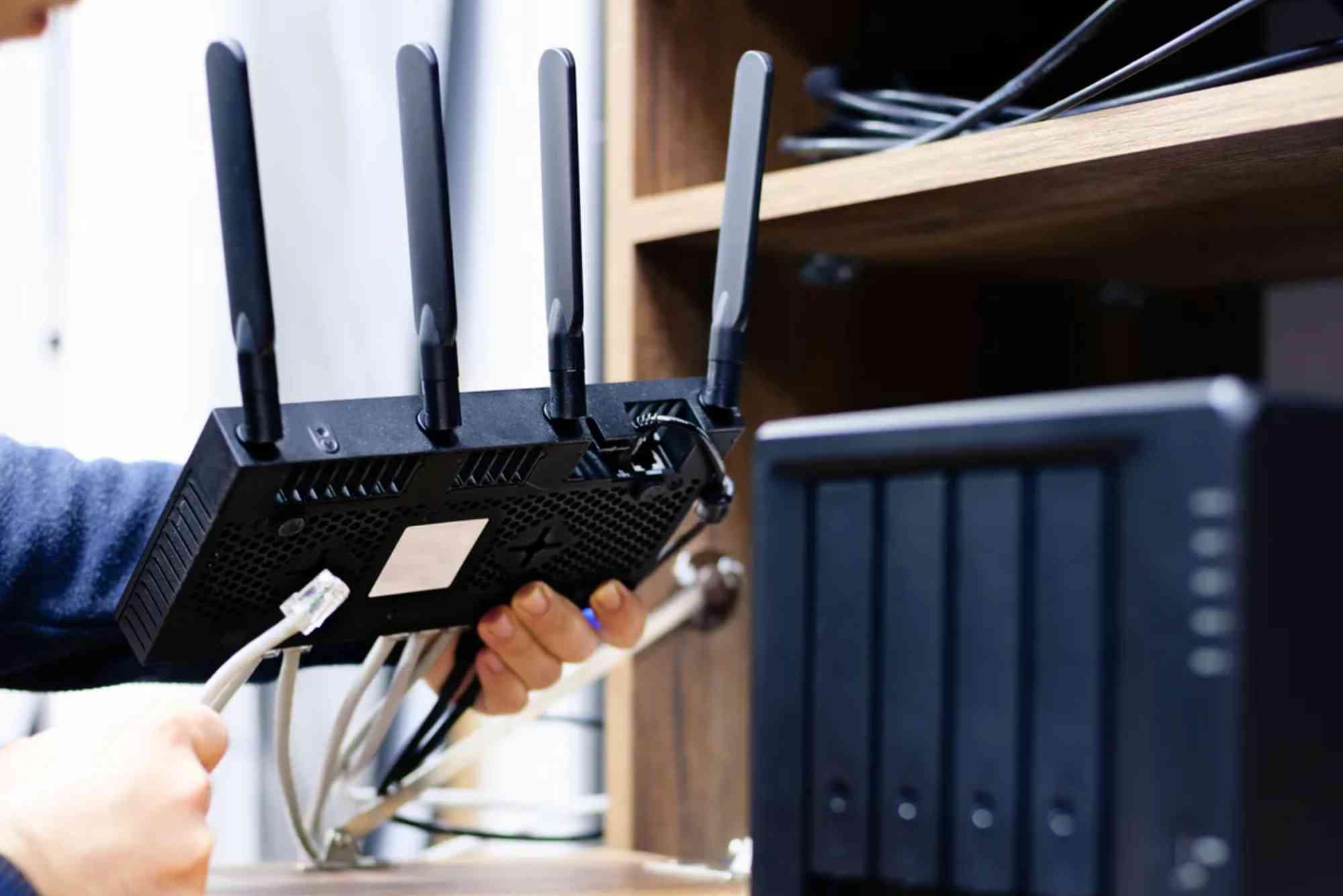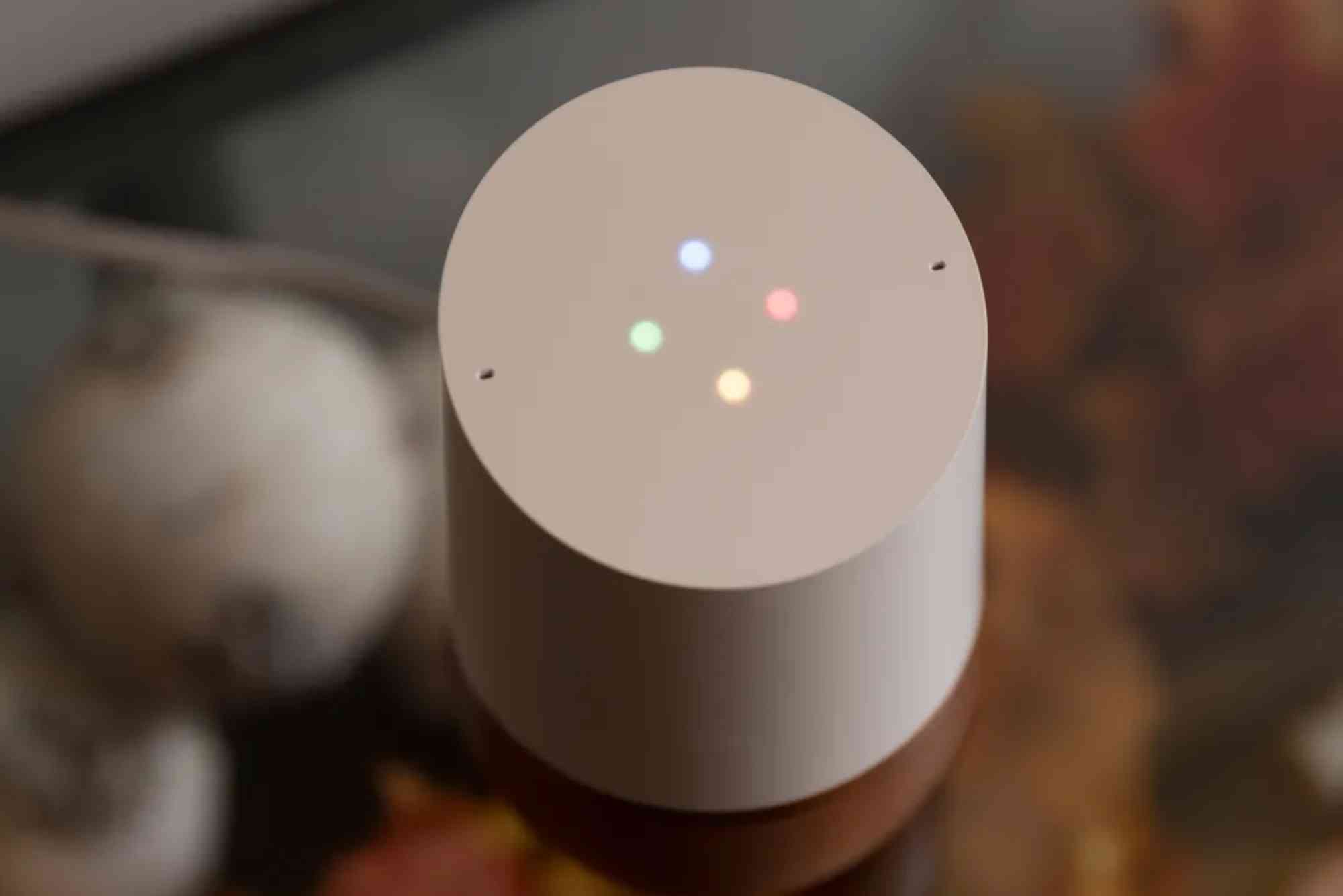Wi-Fi Range Extender vs Mesh Network: Which Is Better?
Slow Wi-Fi, dead zones, and weak connections are frustrating, especially when you rely on the internet for work, streaming, or gaming. Many people face the same dilemma: should they buy a Wi-Fi range extender or invest in a mesh network? This article dives deep into the Wi-Fi range extender vs mesh network debate, helping you choose the best solution for your home or office.
Understanding Wi-Fi Range Extenders
A Wi-Fi range extender, also known as a booster, is a device designed to amplify your existing Wi-Fi signal.
How It Works
- It connects to your existing router wirelessly.
- Then, it rebroadcasts the signal to areas where Wi-Fi is weak.
- The goal is to extend coverage to dead zones.
Pros of Wi-Fi Extenders
- Affordable: Cost-effective compared to mesh systems.
- Easy Setup: Most models plug into a wall socket and configure in minutes.
- Quick Fix: Great for small coverage gaps in apartments or single-floor homes.
Cons of Wi-Fi Extenders
- Speed Loss: Signals are often halved when rebroadcast.
- Multiple Networks: You may have to switch between SSIDs (e.g., “Home_WiFi” and “Home_WiFi_EXT”).
- Limited Coverage: Works best in small to medium homes, not large houses or offices.
Understanding Mesh Networks
A mesh Wi-Fi network consists of a main router and multiple “nodes” or “satellites” that work together.
How It Works
- Nodes communicate with each other, creating a seamless Wi-Fi blanket.
- Devices connect automatically to the strongest node, ensuring uninterrupted internet.
Pros of Mesh Networks
- Seamless Coverage: Perfect for large homes, offices, or multi-story buildings.
- Stable Speed: Eliminates dead zones with strong, consistent connections.
- Single Network: No need to switch between SSIDs.
- Scalable: Add more nodes as your coverage needs grow.
Cons of Mesh Networks
- Expensive: Costs significantly more than Wi-Fi extenders.
- Setup Complexity: Requires initial configuration, though many modern systems are user-friendly.
- Overkill for Small Spaces: Best suited for large areas, not small apartments.
Wi-Fi Range Extender vs Mesh Network: Key Differences
Coverage
- Extender: Extends signal to specific dead zones.
- Mesh: Covers entire property seamlessly.
Speed and Performance
- Extender: May cut speed in half when repeating signals.
- Mesh: Maintains high speeds across all nodes.
Network Management
- Extender: Requires manual switching between networks.
- Mesh: Uses one network name and password across all devices.
Cost
- Extender: Budget-friendly ($20–$70).
- Mesh: Higher cost ($150–$400+).
Best Use Cases
- Extender: Small homes, single users, budget-conscious buyers.
- Mesh: Large homes, smart homes, gamers, businesses.
When to Choose a Wi-Fi Range Extender
You should choose an extender if:
- You live in a small or medium-sized home.
- Your Wi-Fi only has a few weak spots (like the basement or backyard).
- You want a quick, low-cost solution.
When to Choose a Mesh Network
You should choose a mesh system if:
- You live in a large home or multi-story building.
- You have many smart devices connected at once.
- You need seamless roaming for video calls, gaming, or streaming.
- You value performance and stability over cost.
Real-Life Example
Imagine working remotely in a two-story house. With a Wi-Fi extender, your upstairs office might connect to a weaker signal, causing video call dropouts. With a mesh system, your laptop automatically connects to the nearest node, ensuring smooth performance.
FAQs
Is a Wi-Fi extender as good as a mesh network?
Not usually. Extenders are cheaper but may reduce speed. Mesh networks provide consistent, high-quality coverage across your home.
Do mesh networks replace traditional routers?
Yes, most mesh systems replace your router. The main node connects to your modem and distributes Wi-Fi through satellites.
Will a Wi-Fi extender improve streaming and gaming?
It helps in weak zones but may not provide stable speeds. For gaming, mesh systems are generally better.
How many mesh nodes do I need?
Typically, 2–3 nodes cover an average home. Larger homes may need 4 or more.
Are Wi-Fi extenders difficult to set up?
No. Most plug into the wall, connect via an app, and are ready within minutes.
Choosing between a Wi-Fi range extender and a mesh network depends on your needs. If you want an affordable way to cover a small dead zone, a Wi-Fi extender works well. But if you want reliable, seamless coverage in a large home or business, a mesh network is worth the investment.
At the end of the day, it’s about striking the right balance between budget, performance, and convenience.
The Wi-Fi range extender vs mesh network debate comes down to coverage, performance, and cost. Extenders are simple and affordable, while mesh systems provide professional-grade connectivity. For large homes or businesses, mesh is the clear winner. For small spaces with a few dead zones, extenders are more than enough.
Looking to upgrade your internet experience? Explore reliable connectivity options with Dhanote Internet Services to ensure your Wi-Fi setup supports your lifestyle and business needs.








